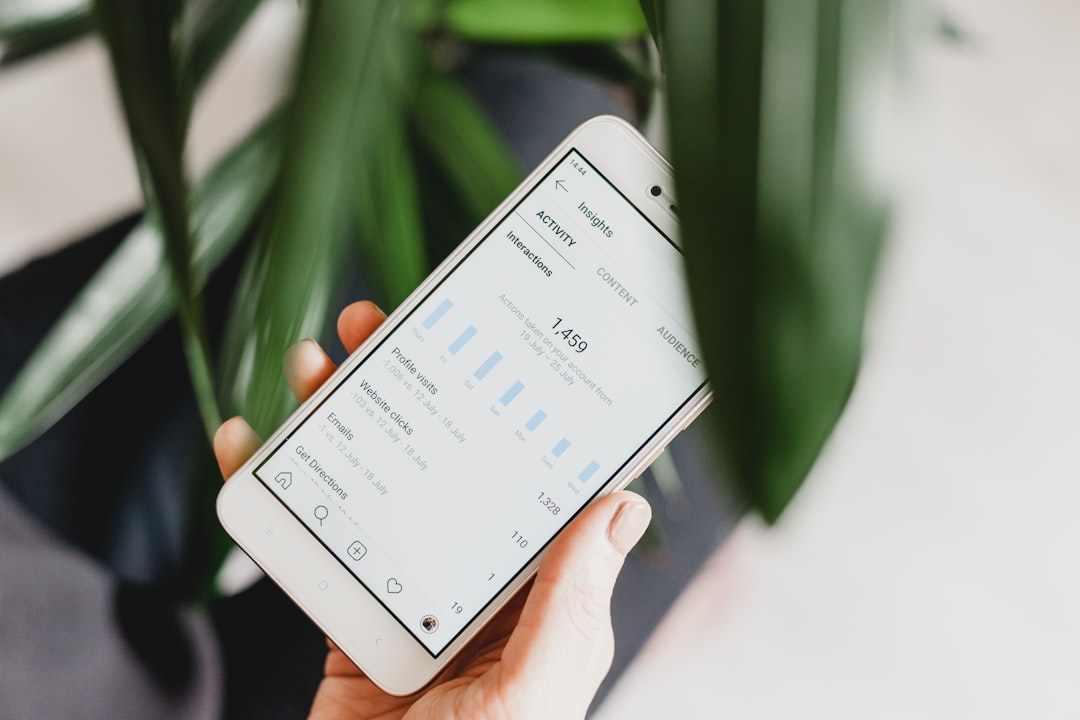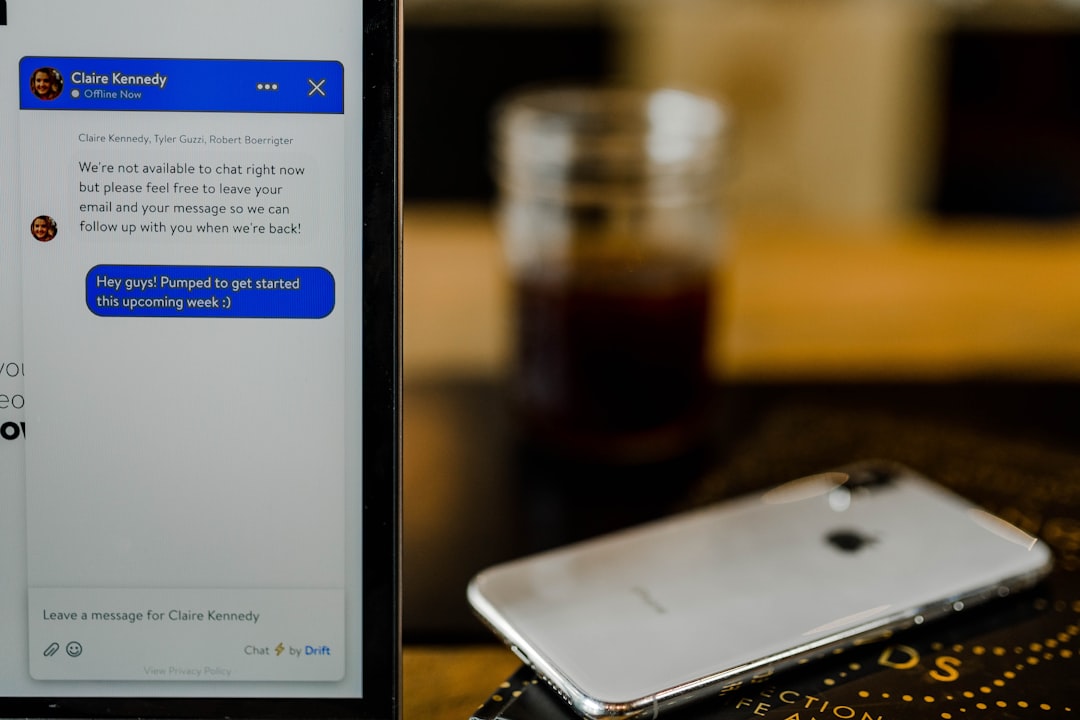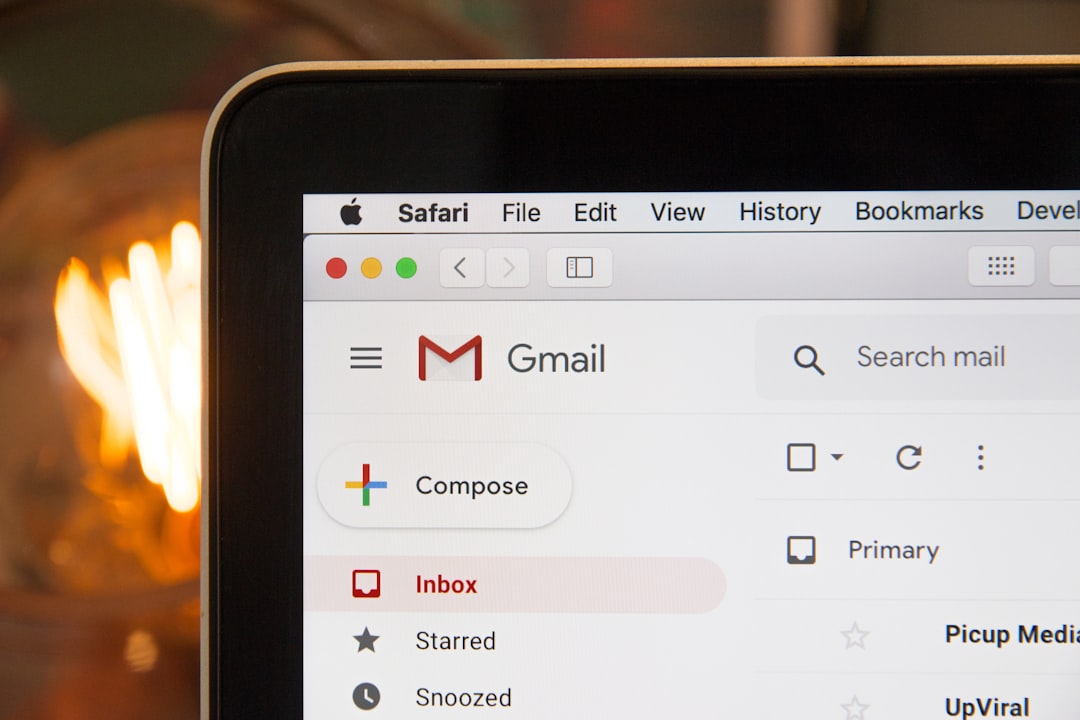How Top Hotels Use AI to Stand Out and What the Heck “AI” Is Anyways?
June 3, 2019 We review how hotel operations can be changed when they use artificial intelligence and suggest some products that can help hotels implement these changes.

AI is certainly a buzzword being heard across every industry. From hospitality to food and beverage, marketers are tossing around terms like “deep learning” and “AI” to lure customers to their platform. In order to wade through the sea of claims being made, it’s important to understand the genesis. So how does one define artificial intelligence? According to John McCarthy (Turing Award 1971), Artificial Intelligence involves machines that can perform tasks that are characteristic of human intelligence. Second, we need to remember what are some of the skills we have as humans: identify objects with our eyes, identify sounds with our ears, learn how to play a game, solve mathematical equations, draw, etcetera. Therefore, Artificial Intelligence is the branch of Computer Science that develops algorithms that use data to learn how to solve such complicated tasks. For a more comprehensive explanation of the field, we recommend you to read this Medium post.
Due to the ease of gathering data, the first use-cases for intelligent systems were applied in the context of the digital world. However, now, it is also possible to implement such this type of technology in any industry. A compelling, though not immediately apparent use case is the hospitality industry, where the operations of a hotel do not follow a predictive flow. Hospitality depends heavily on human interactions (guest-host interactions).
Let’s take a quick look at how hotel operations can be changed using artificial intelligence and suggest some products that can help hotels implement these changes.
Before: Hotels needed to invest heavily on advertising for prospective clients to look at them, get to know them, hook them into the experience they offer and make the final decision to lodge at the hotel. The investment was considerable because they did not know where to find their main customer segment, and the strategy was to target as many people as possible instead.
After: Hotels are using social media like Facebook, Instagram, Pinterest, and others base their business model in the use of artificial intelligence in advertising. Customers, in this case, hotels, that use these platforms for advertising now have to make few decisions before launching marketing campaign; the system would take care of the rest of the parameters to make it as successful as possible. One tool that allows companies to manage all their social media accounts in one place is Hootsuite.

Before: After the customer decides which hotel is she attending to, someone at the hotel had to make sure they have room at that time, register the customer and record any other special requirements needed (pick up from the airport, special accommodation, dietary condition, among others).
After: There are two main alternatives for hotels and hostels to automate this process. The first one and probably easier to implement is booking platforms like the smart named company “Booking.com” where the user can see availability and prices for different hotels in a given time and area. This system is AI enabled because it can predict capacity in a given period of time and change prices accordingly. The second option is a Bot in the hotel webpage. Although it might seem that this option requires a little more control of the hotels over their information systems, there are many plug-and-play options out there that will make the process extremely easy for hotels.

Before: Possibly the most critical part of the process, because if customers don’t have a good time, they will not come back nor become promoters on their own social media. Guest grade their experience based on many different dimensions: food quality, service treatment, cleanliness of the facilities, other guests, and even factors that are out of the hotel control like weather.
After: AI can help managers understand multidimensional guest behaviors. Most experienced managers understand their business pretty well; which season and days are better, which food and beverages are more popular, or how many staff is needed for a 70% occupancy. However, they might now be so sure what to offer to a Hispanic family with two teenagers on a rainy day. Hotels can have Kiosko systems that make personalized recommendations to guests on how to spend their time based on their characteristics. In order to be effective, these systems should integrate other data from the restaurant, bar, entertainment facilities, physical sensors, among others.

Before: Once the hotels has served a guest, they want to make them come back, either in the same or different location. Given the little information hotels have on the clients, they may offer them a deal that they believe is aligned with their preferences, however they don’t have a way to prove this assumption.
After: Apart from managing their reputation, which can be done by systems that allow hotels to respond quickly to negative comments, increase engagement of previous visitors and automate feedback surveys, now hotels can experiment on different ways to bring customers back. Tools like Hubspot allows hotels to personalize and automate follow ups to marketing strategies directed to previous customers. Here you can find some others tools that are widely used.

In general, most of this technology has been proven in other industries, For hotels working towards the goal of a “digital transformation,” it appealing to be able to utilize existing products. We expect that the hospitality industry will witness a transformation towards heavy data usage and constant experimentation in the following years.